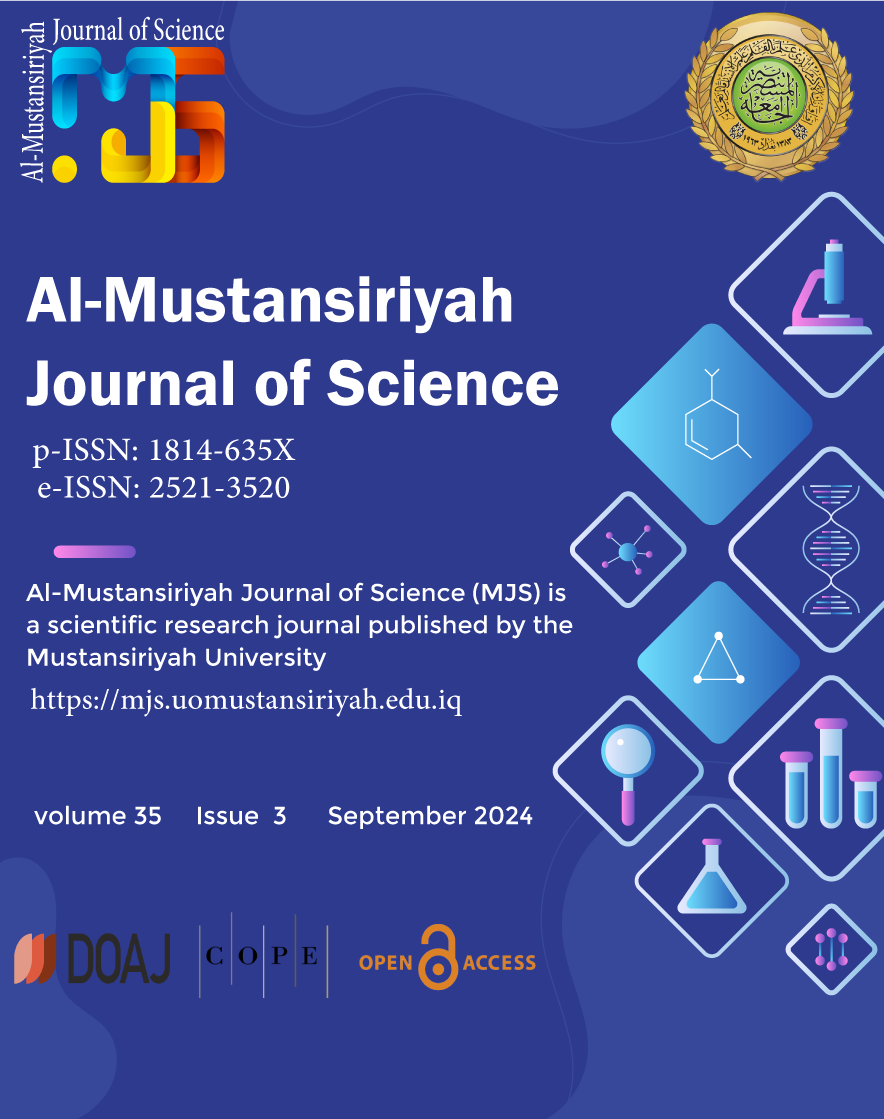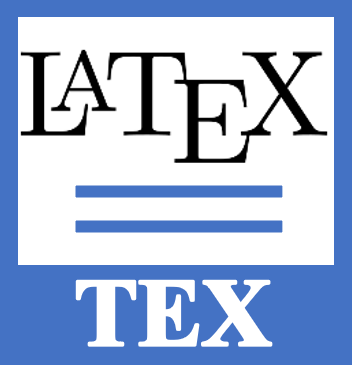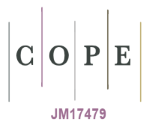Solving Undamped and Damped Fractional Oscillators via Integral Rohit Transform
DOI:
https://doi.org/10.23851/mjs.v35i3.1541Keywords:
Rohit transform, Fractional oscillators, Caputo-fractional derivative operator, Fractional differential equationsAbstract
Background: The dynamics of fractional oscillators are generally described by fractional differential equations, which include the fractional derivative of the Caputo or Riemann-Liouville type. These equations induce classical oscillator equations like the harmonic oscillator equation, to include fractional order derivatives. Solving fractional differential equations numerically can be challenging due to the non-local nature of fractional derivatives. Objective: In this paper, a recently developed integral Rohit transform is utilized for solving systems of undamped and damped fractional oscillators characterized by differential equations of fractional or non-integral order involving the Caputo-fractional derivative operator. The solutions of fractional systems which include undamped-simple fractional oscillators, undamped-driven fractional oscillators, damped-driven fractional oscillators, and damped-fractional oscillators are obtained. Methods: by applying the integral Rohit transform, also written as RT. Differential equations of fractional or non-integral order are generally solved by utilizing methods which include the fractional variational iteration approach, the homotopy-perturbation method, the equivalent linearized method, the Adomian decomposition method, etc. Results: This paper demonstrates the effectiveness, reliability, and efficiency of the integral Rohit transform in solving fractional systems, which include undamped-simple fractional oscillators, undamped-driven fractional oscillators, damped-driven fractional oscillators, and damped-fractional oscillators and are characterized by differential equations of fractional or non-integral order involving the Caputo-fractional derivative operator. Conclusions: The Rohit transform brought the progressive principles or methodologies that offer new insights or views on the problems examined in the paper, distinguishing itself from existing methods and doubtlessly beginning up new research instructions. It provided precise results for the specific problems discussed in the paper, surpassing the capabilities of other methods in terms of decision, constancy, or robustness to noise and disturbances.
Downloads
References
S. Bayin, Mathematical Methods in Science and Engineering. United States: John Wiley & Sons, Inc., 2006, ISBN: 978-0-470-04142-0.
R. Hilfer, Applications of Fractional Calculus in Physics. Singapore: World Scientific, 2000.
A. A. Kilbas, H. M. Srivastava, and J. J. Trujillo, Theory and Applications of Fractional Differential Equations. Netherlands: Elsevier, 2006, ISBN: 978-0-444-51832-3.
T. Kisela, Fractional Differential Equations and Their Applications. BRNO University of Technology, 2008.
S. Liang, R. Wu, and L. Chen, "Laplace transform of fractional order differential equations," Electronic Journal of Differential Equations, vol. 2015, no. 139, pp. 1-15, 2015.
P. L. Butzer and U. Westphal, An Introduction to Fractional Calculus. Singapore: World Scientific Press, 2000.
S. G. Samko, A. A. Kilbas, and O. I. Marichev, Fractional Integrals and Derivatives: Theory and Applications. Yverdon: Gordon and Breach, 1993, ISBN: 9782881248641.
J. L. Schi, The Laplace Transform: Theory and Applications. New York: Springer, 1999.
A. A. Kilbas, H. M. Srivastava, and J. J. Trujillo, Theory and Applications of Fractional Differential Equations. Amsterdam: Elsevier, 2006, ISBN: 978-0-444-51832-3.
Y. O. El-Dib, "Immediate solution for fractional nonlinear oscillators using the equivalent linearized method," Journal of Low Frequency Noise, Vibration and Active Control, vol. 41, no. 4, pp. 1411-1425, 2022.
A. Al-Rabtah, V. S. Erturk, and S. Momani, "Solutions of a fractional oscillator using differential transform method," Computers & Mathematics with Applications, vol. 59, no. 3, pp. 1356-1362, 2010.
A. Arikoglu and I. Ozkol, "Solution of fractional differential equations using differential transform method," Chaos, Solitons & Fractals, vol. 34, no. 5, pp. 1473-1481, 2007.
O. Abdulaziz, I. Hashim, and S. Momani, "Application of homotopy-perturbation method to fractional initial value problems," Journal of Computational and Applied Mathematics, vol. 216, no. 2, pp. 574-584, 2008.
S. A. El-Wakil, A. Elhanbaly, and M. A. Abdou, "Adomian decomposition method for solving fractional nonlinear differential equations," Applied Mathematics and Computation, vol. 182, no. 1, pp. 313-324, 2006.
G.-C. Wu, "A fractional variational iteration method for solving fractional nonlinear differential equations," Com puters & Mathematics with Applications, vol. 61, no. 8, pp. 2186-2190, 2011.
R. Gupta, "On novel integral transform: Rohit transform and its application to boundary value problems," ASIO Journal of Chemistry, Physics, Mathematics and Applied Sciences (ASIO-JCPMAS), vol. 4, no. 1, pp. 08-13, 2020.
R. Gupta, I. Singh, and A. Sharma, "Response of an undamped forced oscillator via rohit transform," International Journal of Emerging Trends in Engineering Research, vol. 10, no. 8, pp. 396-400, 2022.
R. Gupta, "Mechanically persistent oscillator supplied with ramp signal," Al-Salam Journal for Engineering and Technology, vol. 2, no. 2, pp. 112-115, 2023.
R. Gupta, R. Gupta, and D. Verma, "Response of rlc network circuit with steady source via rohit transform," International Journal of Engineering, Science and Technology, vol. 14, no. 1, pp. 21-27, 2022.
L. Talwar and R. Gupta, "Analysis of electric network circuits with sinusoidal potential sources via rohit transform," International Journal of Advanced Research in Electrical, Electronics and Instrumentation Engineering, vol. 9, no. 11, pp. 3929-3023, 2020.
Y. E. Ryabov and A. Puzenko, "Damped oscillations in view of the fractional oscillator equation," Physical Review B, vol. 66, p. 184 201, 2002.
Downloads
Key Dates
Received
Revised
Accepted
Published
Data Availability Statement
None.
Issue
Section
License
Copyright (c) 2024 Rohit Gupta, Rahul Gupta, Dinesh Verma

This work is licensed under a Creative Commons Attribution 4.0 International License.
(Starting May 5, 2024) Authors retain copyright and grant the journal right of first publication with the work simultaneously licensed under a Creative Commons Attribution (CC-BY) 4.0 License that allows others to share the work with an acknowledgement of the work’s authorship and initial publication in this journal.






















